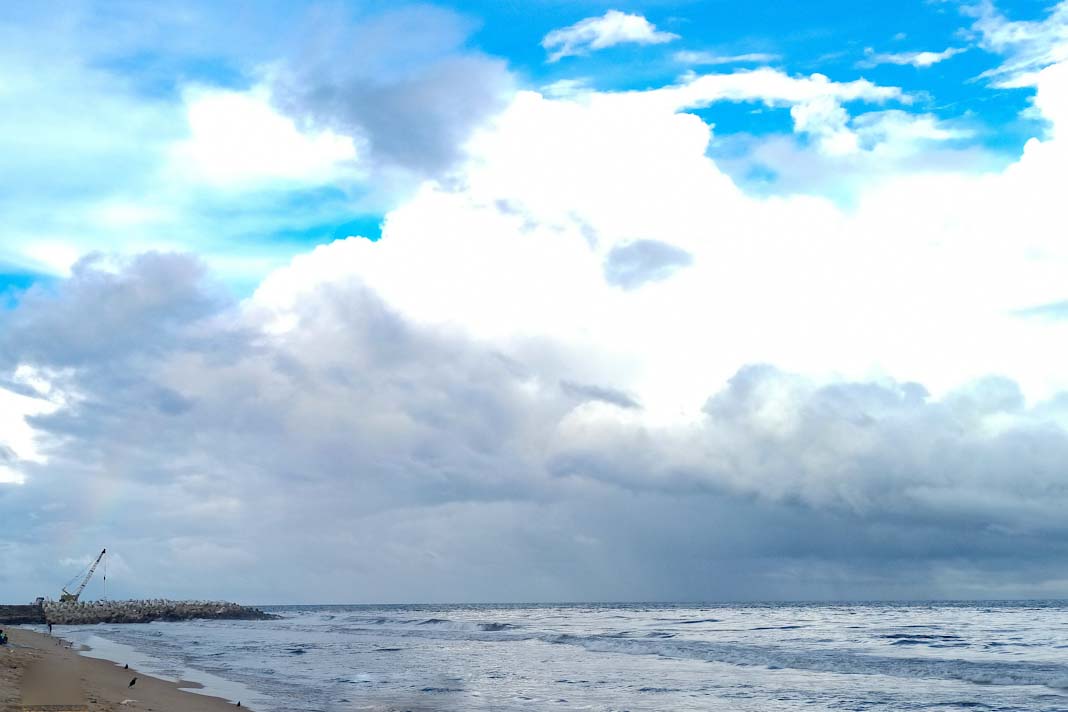Orca AI, an AI-powered operational platform for ships, has secured $23 million in a new funding round. This investment, led by OCV Partners and Mizmaa Ventures, brings Orca AI’s total funding to nearly $40 million and positions the company as a key player in the development of autonomous shipping technology.
What problem is Orca AI solving
Orca AI’s solution focuses on introducing AI features to existing vessels, aiming to improve safety, efficiency, and sustainability. The company’s platform acts as a “digital watchkeeper,” processing visual data during navigation to mimic and enhance human capabilities, particularly in complex situations with heavy traffic.
This technology has already seen success, powering the world’s first autonomous commercial ship voyage in 2022 with NYK. Orca AI is currently developing the second phase of its technology, targeting a full rollout of autonomous ship capabilities in 2025.
Where does the startup stand in terms of safety and efficiency?
Founded by naval technology experts Yarden Gross and Dor Raviv, Orca AI prioritizes real-world impact. In 2023, working with major shipping companies like MSC, NYK, Maersk, and Seaspan, the platform reportedly reduced close encounters at sea by 33% and crossing events by 40% across 15 million nautical miles. This translates to improved safety for crews and vessels.
Orca AI’s technology also boasts environmental and economic advantages. By detecting high-risk situations and optimizing operations, the platform helps ships avoid unnecessary maneuvers and speed adjustments, leading to reduced fuel consumption and emissions. Last year alone, Orca AI estimated their platform achieved an average fuel saving of $100,000 to $300,000 per vessel, translating to a total reduction of 172,716 tonnes of CO2 emissions.
How does Orca AI deal with security threats and expanding reach
The platform goes beyond navigational assistance. Orca AI empowers crews to proactively mitigate threats like drone attacks and piracy by anticipating and counteracting potential risks. This contributes to bolstering vessel security and crew safety.
With orders for the platform surpassing 1,000 vessels, Orca AI is poised for significant growth. The new funding will be used to invest in technology development, international expansion, and overall growth, ultimately contributing to a reduction in maritime carbon emissions and improved efficiency and safety standards within the industry.
Likewise, Catherine Leung, Co-Founder & Partner at MizMaa Ventures, commends Orca AI for pushing the boundaries of what’s possible in shipping, highlighting the platform’s ability to not only improve safety but also reduce fuel consumption and emissions.
Did you subscribe to our daily Newsletter?
It’s Free! Click here to Subscribe
Source: TFN

















